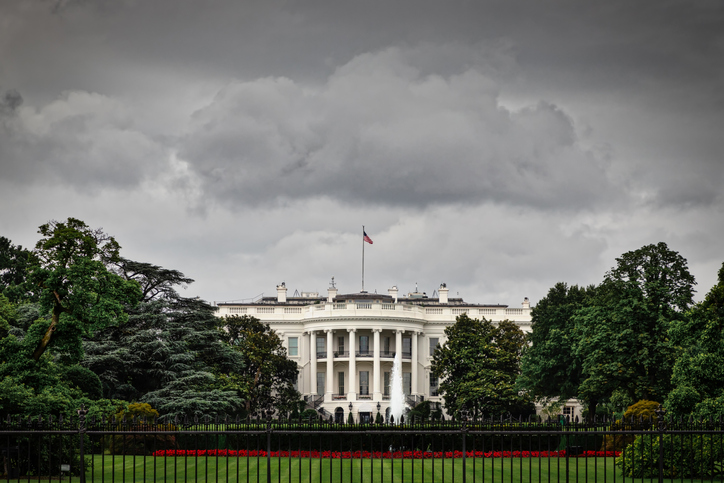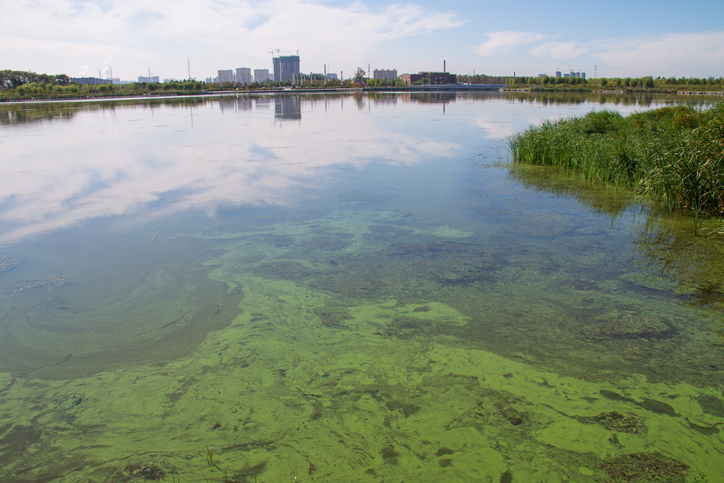Our readers are well aware of the ongoing debate on whether perfluorooctane sulfonate (PFOS) and perfluorooctanoic acid (PFOA) (commonly known, together, as PFAS) should be designated as hazardous substances. Despite the constant attention these compounds receive, they are yet to be designated. There is a recent case out of the U.S. District Court for the Eastern District of Pennsylvania that highlights the legal significance while employing some basic principles.
In Giovanni, et al. v. United States Dep’t of the Navy, individual plaintiffs discovered that PFAS chemicals from nearby Navy facilities had infiltrated …
Continue Reading









